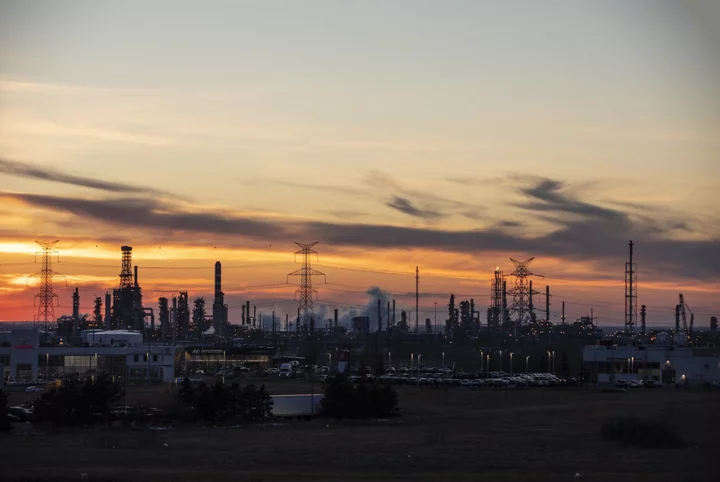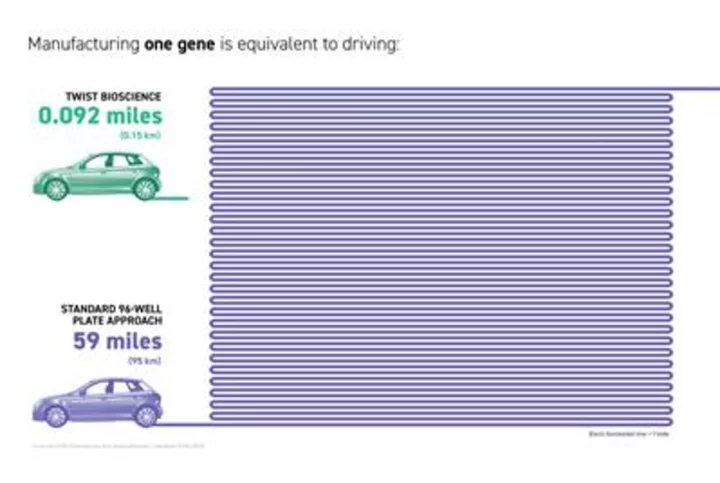Canada’s oil production would plunge 76% in less than three decades if the world took sufficient action to limit global warming to 1.5C (2.7F), according to government projections released Tuesday, underscoring the challenges the country faces amid global efforts to curtail emissions.
Output from the nation’s oil industry — the world’s fourth-largest crude producer at about 5 million barrels per day last year — would face a less severe decline of 22% by 2050 if Canada achieves net zero by that date but the rest of the world moves more slowly to reduce emissions, the Canada Energy Regulator said in the report. Those declines would be caused largely by lower global oil demand and prices, the CER said.
The projections illustrate the risks to Canada’s hydrocarbon-dependent economy in the decades ahead and highlight the political obstacles the government faces in meeting its climate commitments. Oil and gas account for as much as 7% of Canada’s economy and about a fifth of its goods exports. The country’s massive oil-sands reserves also are among the world’s highest carbon-emitting sources of crude to produce, putting them in extra peril from efforts to limit global warming.
Read More: Wind Power Seen Growing Ninefold as Canada Cuts Carbon Emissions
The majority of Canada’s crude production comes from the western province of Alberta, whose newly reelected conservative premier has vowed to oppose many of Prime Minister Justin Trudeau’s environmental initiatives.
The CER relied on International Energy Agency scenarios for some of the inputs to its models and stressed that the projections aren’t predictions about the future and aren’t recommendations for policy.









